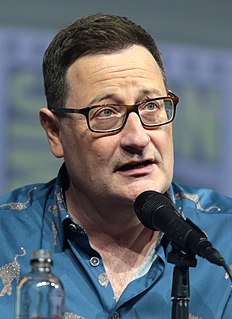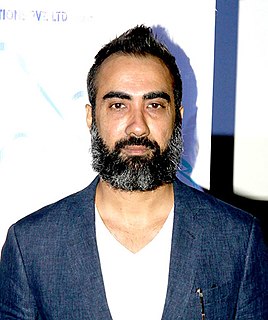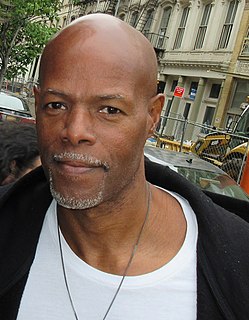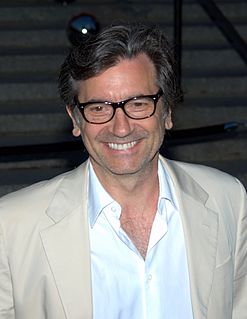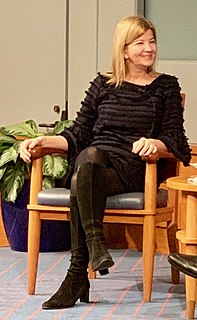A Quote by Chris Chibnall
It's a 'Doctor Who' budget. A BBC budget, although a very good one. But you know you can't do dinosaurs endlessly for 45 minutes, so there has to be a big 'other' story going on.
Related Quotes
What you don't do, if you're an adult, is decide that you're going to budget things through a sequester. What does that word have to do with budgeting? It's like if you have a family budget and go, 'We really don't know what to take out economically from the budget, so we're going to whack out protein for this week.'
It's very different doing a food show in America and doing one in Britain. I did a 20-part series for the BBC series called 'Eating With the Enemy.' The budget for all 20 episodes was probably the budget for a single episode of 'Top Chef.' It's the difference between making a home movie in your backyard and going to Hollywood.
I don't know what the misconceptions are, but I approach a small budget, artsy, independent movie in the same way as a big budget, commercial Hollywood movie. I don't get into those [details]. I have to get into my character and I concentrate on that, on the story, on researching, and on certain training if I have to be prepared physically. I think that's the most important thing.
I was embarrassed when a businessman friend asked, 'What's the yearly budget of your talk show? What's the per-episode budget?' And I looked at him with these blank, typical-model eyes and said, 'I don't know.' I call myself a businesswoman and I don't know that? So that is my goal next year - to really dissect the budget.
